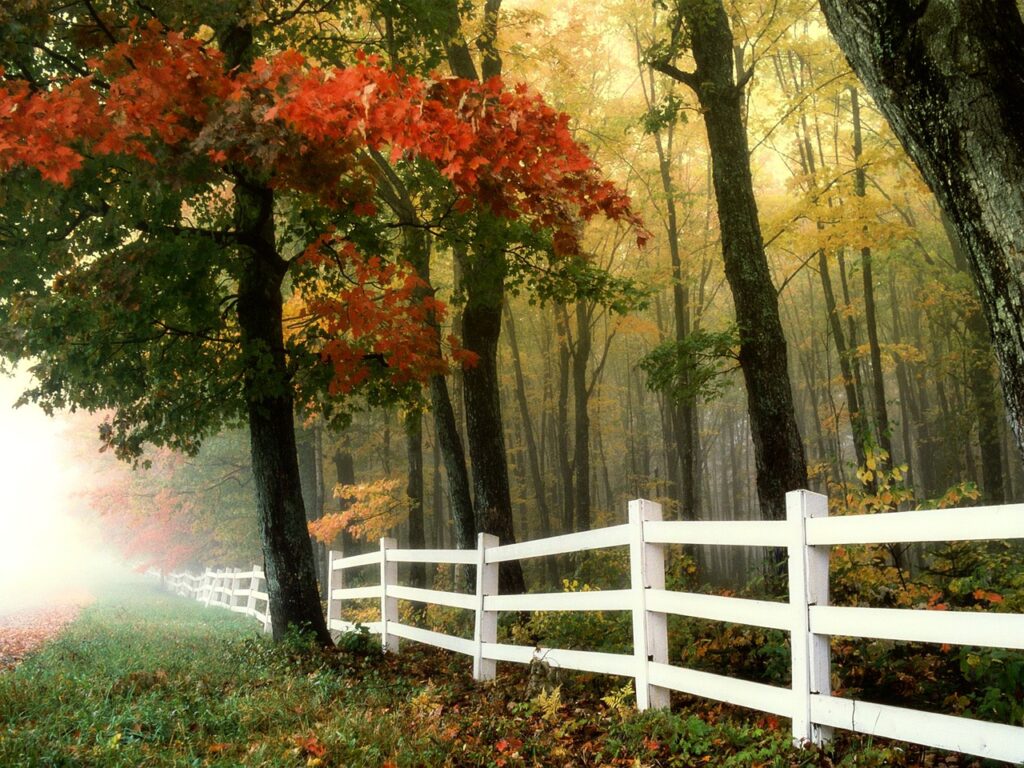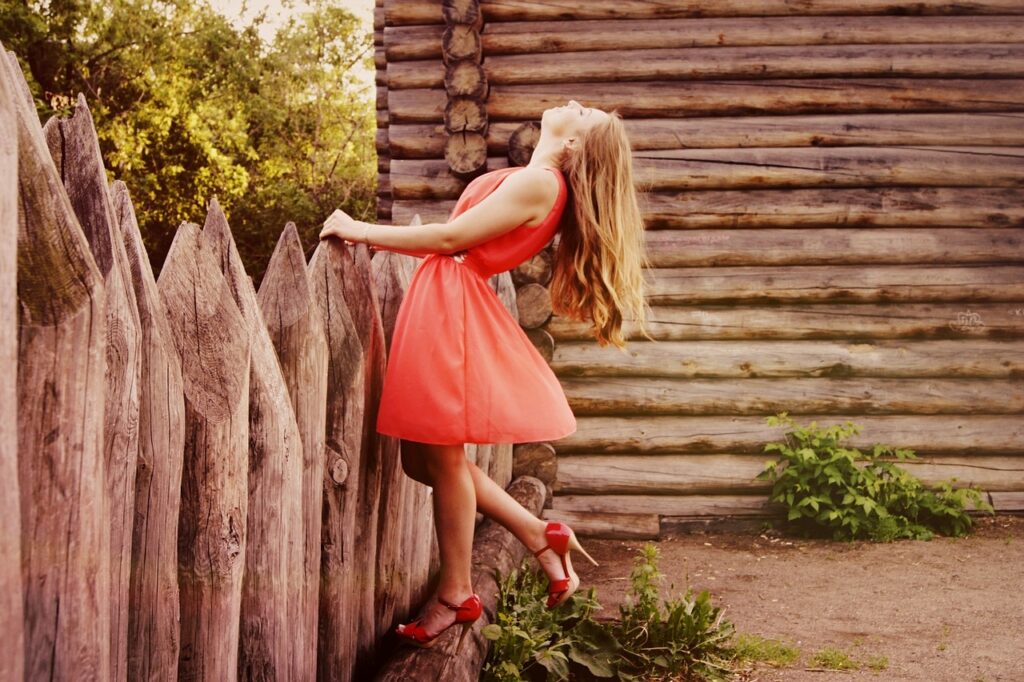In your backyard, a fish pond can be a serene and beautiful addition, attracting both nature and tranquility to your outdoor space. However, the question do fish ponds need to be fenced is important to consider. This article will explore the benefits and drawbacks of installing a fence around your fish pond, taking into account factors like safety, aesthetics, and local regulations, to help you make the best decision for your aquatic haven.
Understanding The Basics of Fish Ponds
Fish ponds add tranquility and beauty to any outdoor space, and they can be home to various types of fish, plants, and other aquatic life. There’s something incredibly soothing about listening to the gentle ripple of water and watching fish glide gracefully beneath the surface. However, as idyllic as they are, fish ponds come with their own set of responsibilities and considerations.

Importance of Fish Ponds
Fish ponds do more than merely add aesthetic appeal to your garden. They offer environmental benefits, such as supporting local wildlife, even providing natural water sources and promoting biodiversity. These water features can be therapeutic and contribute to stress reduction and overall mental health.
Types of Fish Ponds
There are several types of fish ponds, each catering to different needs and preferences. Here are a few common types:
| Type | Description |
|---|---|
| Garden Ponds | Smaller ponds primarily for ornamental purposes |
| Koi Ponds | Specifically designed for Koi fish, often more complex |
| Wildlife Ponds | Focus on attracting and supporting local wildlife |
| Commercial Ponds | Larger ponds often used for fish farming or stocking fish for anglers |
Understanding what you want from your pond will guide you in making informed decisions, including whether or not fencing it is necessary.
The Purpose of Fencing
Before we delve into the intricacies, it’s essential to understand why a fence around a fish pond might be a good idea. Safety and aesthetics are typically the primary motivations, but there’s more to consider.
Enhancing Safety
Accidental drowning is a critical concern, especially if children or pets frequent your backyard. A well-placed fence acts as a barrier preventing unwanted access to the pond. This precautionary measure can help avert tragic accidents.
Protecting Fish and Aquatic Life
Your pond is home to various forms of life that require protection from predators, such as raccoons, birds, and even neighborhood cats. Fencing can serve as the first line of defense in keeping your fish and plants safe.
Legal Requirements
In some places, local regulations may mandate fencing around ponds to ensure safety and compliance. Failing to adhere to such laws could result in fines or other penalties.

Factors Influencing the Need for Fencing
The decision to fence your fish pond isn’t a one-size-fits-all. Several factors come into play:
Location
The location of your pond significantly affects your fencing needs. Urban areas with strict zoning laws might require fencing, while a secluded rural property may not have such regulations.
Size and Depth of the Pond
Larger and deeper ponds pose more significant risks and might necessitate fencing more than a shallow or small pond. It’s vital to evaluate the physical dimensions when making your decision.
Type of Fish and Wildlife
If you keep expensive or specific types of fish that attract predators, fencing becomes more crucial. Similarly, if your pond is designed to support diverse wildlife, a fence might help create a secure habitat.
Personal Preferences
Ultimately, your preferences and concerns play a major role. Some people want the added security and peace of mind that a fence provides, whereas others may prioritize the pond’s aesthetic appeal and prefer to keep it open.
Material Options for Pond Fencing
Choosing the right material for your fence is essential to ensure it complements your garden while fulfilling its protective duties. Let’s look at a few popular options:

Wooden Fences
Wooden fences blend naturally with garden settings and offer a rustic appeal. However, they require regular maintenance to prevent rot and weather damage.
| Pros | Cons |
|---|---|
| Aesthetic appeal | Requires regular maintenance |
| Easy to install and modify | Can be prone to rot or pest |
Metal Fences
Metal fences, such as wrought iron or chain-link, are durable and provide a higher level of security. They might be less visually appealing but are highly practical.
| Pros | Cons |
|---|---|
| High durability and security | Less aesthetic in appearance |
| Low maintenance | Can be more expensive |
Mesh Fencing
Mesh fencing offers a balance between security and visibility. It’s often used for keeping smaller animals out without obstructing the view of the pond.
| Pros | Cons |
|---|---|
| Affordable and easy to install | May not be aesthetically pleasing |
| Flexible and versatile | Requires occasional upkeep |
Decorative Fencing
For those who value aesthetics, decorative fencing options might be the way to go. These can be custom-designed to match your garden’s theme while providing necessary protection.
| Pros | Cons |
|---|---|
| Visually appealing | Can be costly |
| Adds character to the garden | Limited protective capability |
Installing and Maintaining Pond Fencing
Now that you have an idea of the materials, let’s move onto installation and maintenance—both crucial to ensuring your fence stands the test of time.
DIY vs Professional Installation
You might be wondering whether to install the fence yourself or hire a professional. Here’s a quick comparison to help you decide:
| DIY Installation | Professional Installation |
|---|---|
| Cost-effective | More expensive |
| Requires time and effort | Quick and efficient |
| Good for small or simple fences | Ideal for larger, complex projects |
If you’re a DIY enthusiast, numerous resources and guides are available to help you through the process. However, for more intricate designs or larger ponds, professional help might be worth the investment.
Maintenance Tips
Keeping your fence in good shape involves regular maintenance. Here are some general tips:
- Regular Inspections: Check for any signs of wear, damage, or rust regularly.
- Cleaning: Clean the fence to prevent mold, mildew, or algae build-up.
- Repairs: Promptly fix minor issues before they escalate into significant problems.
- Weatherproofing: Apply waterproof sealants to wooden fences to protect against rain and moisture.

Alternatives to Conventional Fencing
If the idea of traditional fencing doesn’t appeal to you, there are other ways to protect your fish pond while maintaining its beauty.
Natural Barriers
Using natural elements to create a barrier can be both effective and aesthetically pleasing. Consider using dense shrubs, hedges, or natural rock formations around your pond.
Pond Nets and Covers
Pond nets can be a good temporary or seasonal solution to keep predators out and reduce falling leaves and debris. Likewise, pond covers can be used, especially during the winter months, for added security and cleanliness.
Raised Pond Design
Elevating the pond itself can act as a natural deterrent. Raised ponds are more challenging for children and animals to access, reducing the likelihood of accidents or predation.
Motion-Activated Deterrents
Motion-activated sprinklers or lights can startle potential predators, keeping them at bay without permanent fencing. These are especially effective for dealing with pests like raccoons or cats.
Balancing Aesthetics and Safety
A key challenge with pond fencing is balancing safety with aesthetics. Here are some tips to achieve that perfect harmony:
Blending the Fence with Landscaping
Consider plants or vines that can grow along your fence to soften its appearance. This way, you’re integrating the fence into your garden rather than having it stand out as an eyesore.
Using Decorative Elements
Choose fence designs and materials that complement your garden’s theme. Decorative elements like finials or scrolls can add a touch of charm to an otherwise functional structure.
Invisible Fencing Options
Some innovative technologies, like invisible or underground fencing, offer protection without compromising the visual appeal of your garden. These are particularly useful for pet owners looking to keep their furry friends safe.
Do Fish Ponds Need To Be Fenced?
So, do fish ponds need to be fenced? The answer isn’t straightforward—it depends on various factors, including safety, legal requirements, and personal preferences. Fencing enhances safety and protects your aquatic life, but it also comes with considerations about aesthetics and maintenance.
Taking the time to weigh the pros and cons, explore different materials and alternatives, and consider your specific situation will help you make an informed decision. Whether you opt for a traditional fence, natural barrier, or another solution, what matters most is creating a space that is both safe and enjoyable for everyone, including your fish.
In the end, your fish pond should be a serene haven that adds beauty and joy to your life. Happy pond-keeping!
